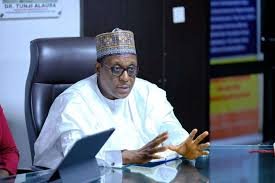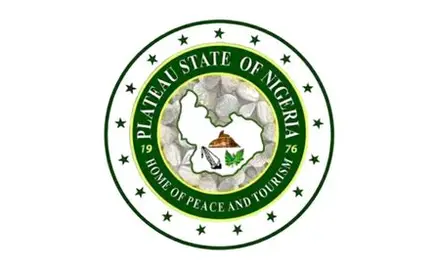
Coordinating Minister of Health and Social Welfare, Professor Muhammad Pate
ABUJA, Nigeria – State governors came under renewed scrutiny at the 66th National Council on Health (NCH) in Calabar on Friday as the Coordinating Minister of Health and Social Welfare, Prof. Muhammad Ali Pate called for stronger financial backing for the country’s ongoing health-sector reforms.
Prof. Pate warned that the momentum gained under the Renewed Hope Health Agenda could weaken unless states increase their investment in the sector. He urged governors to raise their 2026 budget allocations for health by at least one per cent, noting that subnational action is now essential to sustaining national progress.
“Unprecedented federal prioritisation must be matched by subnational commitment,” he said. “We are implementing reforms — not merely planning them — and Nigerians are already seeing the benefits.”
The minister highlighted several federal milestones, including the release of ₦68 billion for vaccine procurement, the clearance of ₦500 billion in legacy liabilities, and a 17% reduction in materin targeted areas. But he cautioned that universal health coverage remains out of reach without governors aligning their policies, programmes, and budgets with national priorities.
His remarks triggered prompt responses from state representatives. Cross River State Deputy Governor Peter Odey defended his administration’s achievements and pledged continued cooperation. He cited the revitalisation of more than 100 primary healthcare centres, the recruitment of 2,000 health workers, and a state health insurance coverage rate of 28%, significantly above the national average.
Minister of State for Health, Dr. Iziaq Salako added that enrolment in health insurance schemes has risen from 3% in 2019 to 17% in 2024, now covering 37.4 million Nigerians. He stressed that states must enforce mandatory insurance laws and accelerate the use of the Basic Health Care Provision Fund.
As NCH66 enters its concluding sessions, attention is shifting to whether governors will translate these discussions into higher 2026 budget allocations — a move federal officials say is crucial to the long-term success of Nigeria’s health sector transformation.




